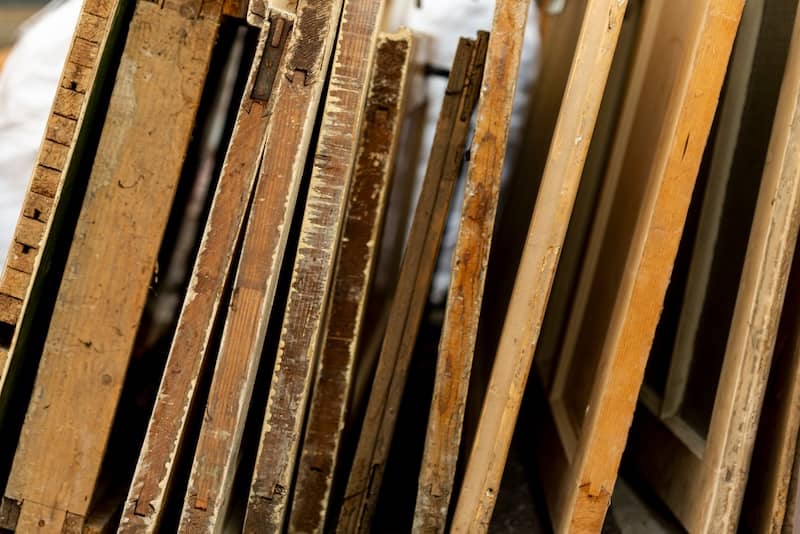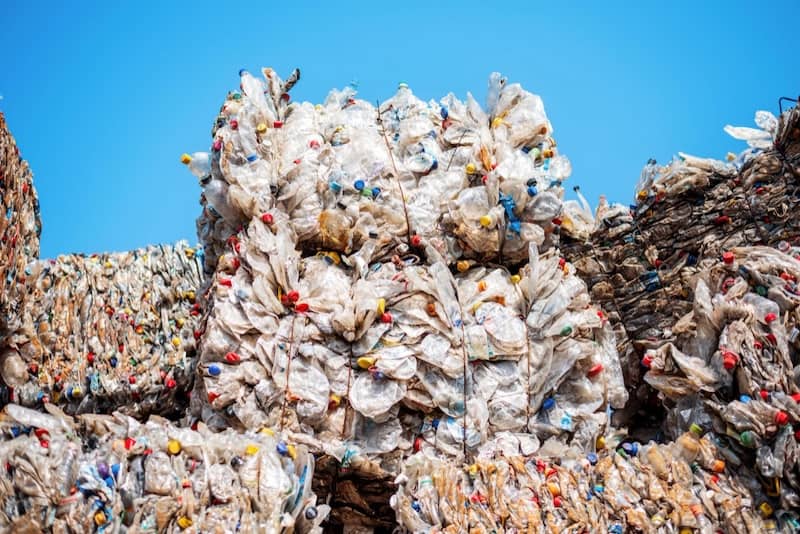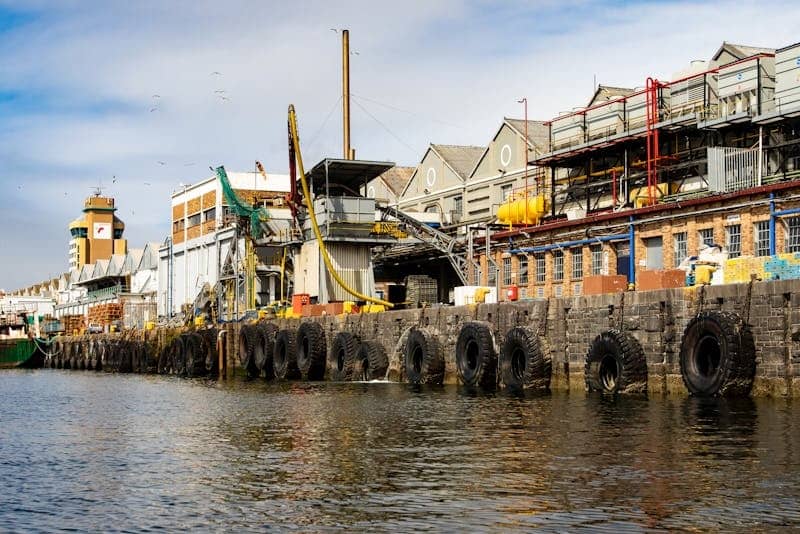Who doesn’t want to be happy? Being happy is even more important to most people than being rich. Research on happiness consistently shows that five actions lead to increased happiness:
- Connecting with others
- Learning new skills
- Moving your body (exercise)
- Noticing the world around you
- Giving back to your community
While there are many ways to give back to your community, one of the most effective is by starting a recycling business. At face value, it might sound like a lot of stress, but a deeper look shows how recycling businesses benefit the communities around them in numerous ways. This means it has a good chance of boosting your happiness and giving your life deeper meaning. Let’s have a look at some concrete examples of how this works.
1. Stable Job Creation
Recycling businesses of all types are significant employers in local communities, creating job opportunities for individuals across various skill levels. Consider a plastics recycling plant that hires local residents for sorting, processing, and management roles. By providing stable employment, this business bolsters financial security in the community.
The good thing about recycling is that waste is not likely to run out any time soon, unlike mining or other extractive businesses. Employees can settle into reliable jobs and invest time in their community. This community engagement leads to better schools, clubs, and community events.
2. Educational Initiatives
Recycling businesses often engage in educational outreach programs, raising awareness about the importance of waste management and environmental conservation. Whether through tours of the plant or employees visiting schools and scout troops.
Imagine a cardboard recycling company partnering with local schools to conduct workshops on how cardboard can be processed. Students can have hands-on practice recycling cardboard by soaking, mashing, straining, and drying out old cardboard into paper.
Such initiatives empower the community with knowledge of what happens when you put something in the recycling bin. Fostering a culture of sustainability in young people will have a positive effect extending beyond the local community’s boundaries.
3. Resource Conservation
This is the positive benefit most people think of first. By recycling materials, these businesses contribute to resource conservation and reduce the strain on natural ecosystems. Let us consider a paper recycling plant as an example. This business conserves forests, decreases water and energy consumption, and minimizes pollution by processing used paper products into new ones.
The community benefits from a cleaner environment and the preservation of valuable resources. Rather than seeing clear felled forests on their back doorstep, a community can build walking paths and bike trails through their area, encouraging outdoor recreation. Even if it wouldn’t be that exact forest that the recycling plant saved, it is beneficial to a community somewhere.
4. Community Beautification
Recycling businesses often play a role in cleaning up and beautifying the local landscape. Picture a community where a recycling company actively participates in neighborhood cleanup initiatives, like beach and roadside cleanups. By removing and recycling waste, the business not only contributes to a cleaner and more aesthetically pleasing environment but also encourages a sense of pride and ownership among community members.
5. Economic Prosperity
Recycling businesses help the local economy by attracting investments and contributing to the local tax base. Suppose a glass recycling facility is established in a community. This business could attract investors, create partnerships with local businesses, and contribute tax revenue to fund essential community services like education and infrastructure. Better roads may be built for the transport of glass waste. More workers mean other service industries can take off, such as restaurants, gyms, and swimming pools.
Is recycling a smart business choice?
Starting a recycling business gives back to the community in so many ways. What’s not to like? If you are worried about keeping a recycling business financially viable, consider tire recycling. With more and more tires produced every year, more tire recycling plants are needed. Old tires are hard to transport compared to paper and plastic recycling, so local plants are in demand. All you need is the right rubber recycling machinery and to choose a profitable end product, like rubber powder or TDF.
Many businesses are completely focused on profit. Culture tells us that maximizing profits translates into wealth, which means you can buy more things to make yourself happy. This thinking is flawed. It often leads businesses to overlook opportunities to give back to their communities. Some may even inadvertently harm the environment and social cohesion.
Recycling turns the selfish business model on its head by nourishing the community and the planet while still creating sustainable profits. As we continue to prioritize responsible business practices, the positive impact of recycling businesses on communities is bound to grow, creating a more livable and fulfilling future for us all.




